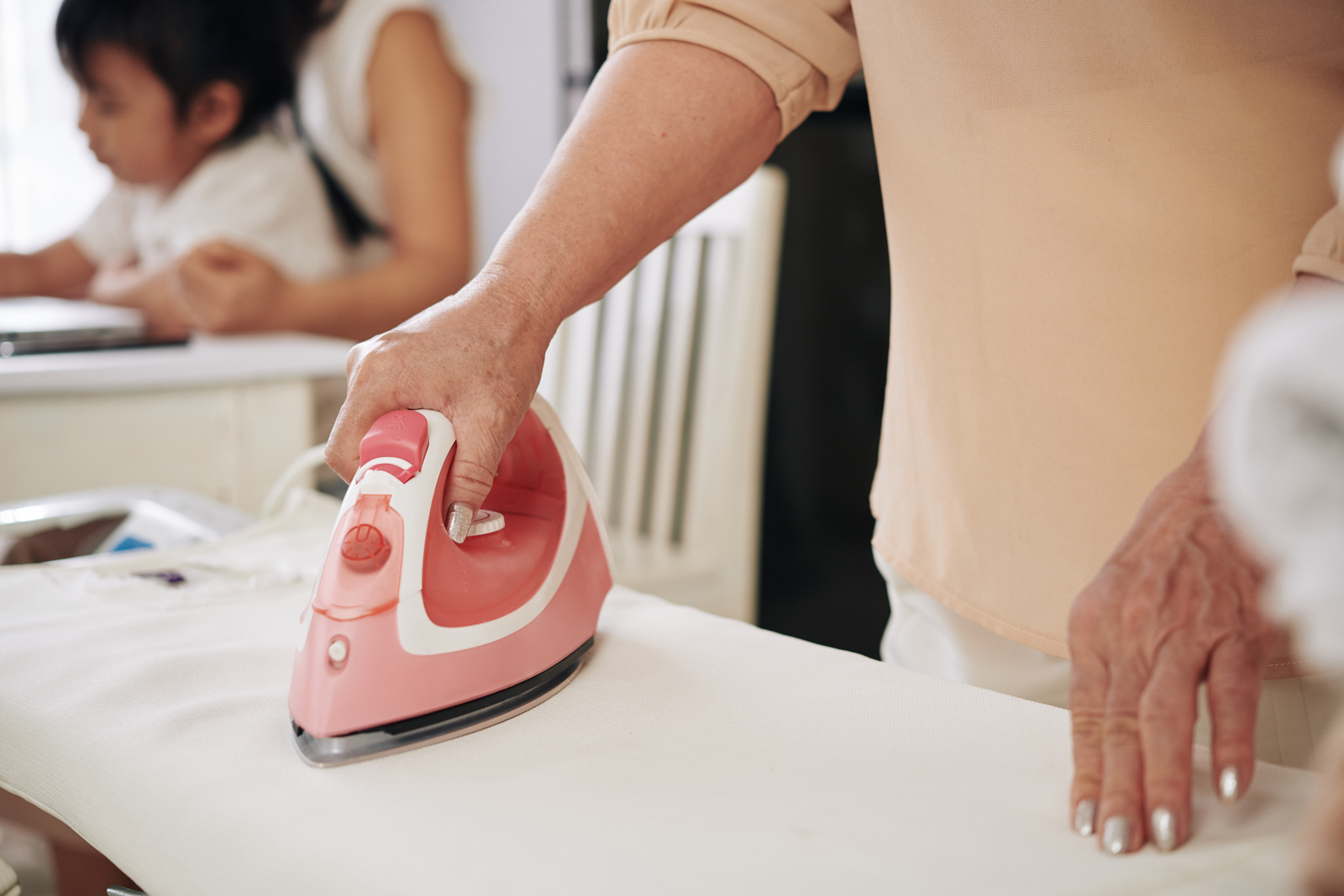Enabling persons with dementia to carry out activities successfully can help bolster their confidence, and empower them to feel better able to maintain a level of independence.
While persons with dementia will need different amounts of help at different stages of dementia, it’s possible to adapt activities to help your loved one perform them independently. Here are some ways that you can help your loved one feel successful in daily activities.
Help Set Things Up
Prepare things to help the person with dementia finish the task by themselves. With brushing their teeth, you might wish to help them put toothpaste on their brush and leave it next to the sink for them. For dressing, help them by laying out the clothes that they’ve decided to wear on the bed.
This can greatly help for something like cooking even! If your loved one finds it challenging to hold a knife steady, you can help to prepare the ingredients, and ask for their help in stirring the pot and pan if they’re able to. This way, they can feel like they’re able to keep contributing, instead of having to sit back and watch others do everything.
Be Available To Lend Assistance
If it’s an activity where your loved one might need a little more assistance, set up the activity and stay close by to encourage them to complete it on their own, and provide assistance should it be necessary. Try to gently correct errors and prompt them to find solutions on their own instead of simply doing it for them.
Verbal Cues
If prompts aren’t enough and your love one needs more help on how to proceed with the activity, try giving them some verbal cues. For example, you can ask for your loved one’s help with the next batch of laundry, and talk them through the settings on the washing machine.
Keep your directions simple, and make sure to be encouraging and reassuring as you go along. Coming across as impatient can be a blow to your loved one’s confidence. Celebrate their successes verbally as well to help instil a sense of pride that they’ve managed to complete an activity with minimal help.
Physically Guide Them
Sometimes, your loved one might still be physically able to complete the task, but might need some physical help to do it. If they’re comfortable with it, you can try and put your hand over theirs and guide them through the activity. It’s important to keep being reassuring as you’re doing this, and talk them through what they’re doing and celebrate the completion to encourage that sense of accomplishment.



